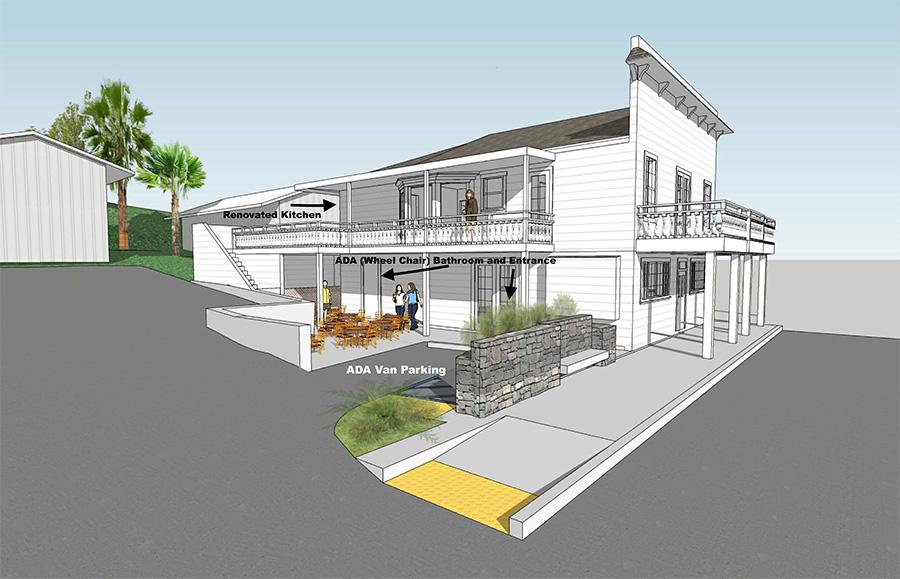Even Smiley’s Schooner Saloon, which touts itself as the longest-running bar west of the Mississippi, must shut its doors once in a . . .
Smiley’s saloon sails into major rehabilitation


Even Smiley’s Schooner Saloon, which touts itself as the longest-running bar west of the Mississippi, must shut its doors once in a . . .